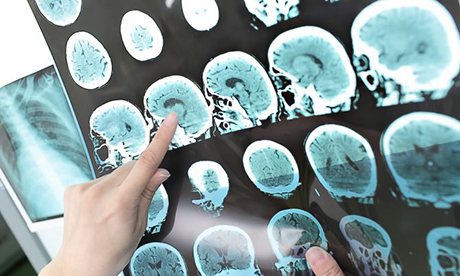The United States Conference of Catholic Bishops (USCCB) and the National Catholic Bioethics Center have raised concerns over a potential rewriting of US law that could broaden the definition of brain death.
At the heart of the matter is the Uniform Determination of Death Act, initially proposed by the Uniform Law Commission (ULC) in 1981.
ULC is a nonprofit organisation responsible for drafting model legislation for US lawmakers. It aims to clarify and stabilise critical areas of state statutory law.
During the ULC’s 132nd annual meeting in Honolulu, slated for this week, the revision of the definition of whole-brain death is a topic of heated debate.
The proposed change would replace the current standard of “irreversible cessation” of key brain functions. It would consider “permanent coma” and “loss of brainstem reflexes” as indicators of death.
According to the Catholic groups, the revision relies on “deficient medical criteria” and lacks “compelling scientific evidence.”
In a joint letter, the USCCB and the National Catholic Bioethics Center voiced their objection to this revision. They argued it would replace the standard of whole-brain death with a definition of partial-brain death.
“The basis for our objection is that the proposed revision will allow patients who exhibit partial brain function to be declared ‘legally dead’ when they are not biologically dead,” the Catholic groups wrote.
The Catholic groups emphasised that there is no basis in Catholic teaching to support lowering the criterion to anything less than “irreversible cessation of all functions of the entire brain.”
Both groups firmly opposed any lowering of the standard without compelling scientific evidence to justify it.
Implications for organ donation
The issue also has implications for organ donation. Both Catholic groups endorse organ donation as a generous act in line with ethical teachings. However, they insist that it must be done under the proper conditions. The suggestion that “partial brain death is sufficient for vital organ retrieval” could dissuade individuals from becoming donors themselves.
Moreover, the new proposed standards could potentially be used to justify protocols that deliberately block blood flow to the brain, causing the death of the donor. This is an alarming prospect that the bishops and the bioethics centre urge to be addressed.
In light of these concerns, the USCCB and the National Catholic Bioethics Center called upon the ULC to maintain the original language of the Determination of Death Act.
The group also urged ULC to encourage medical professionals to update clinical testing guidelines to align with the current legal definition of brain death. This is preferred over altering the legal definition to comply with insufficient medical criteria.
Nature, a renowned scientific journal, reported earlier this month that the proposed revisions were motivated by a desire to harmonise state laws surrounding the determination of death due to imprecise language in existing laws.
The revisions are scheduled to be discussed at the Honolulu meeting. However, final approval will occur at a later date.
Sources
Additional readingNews category: World.




